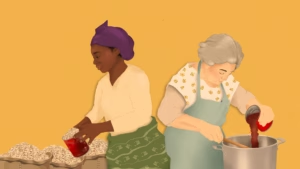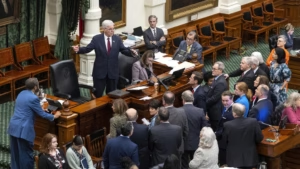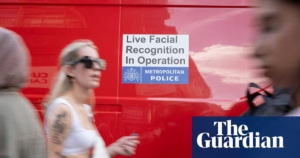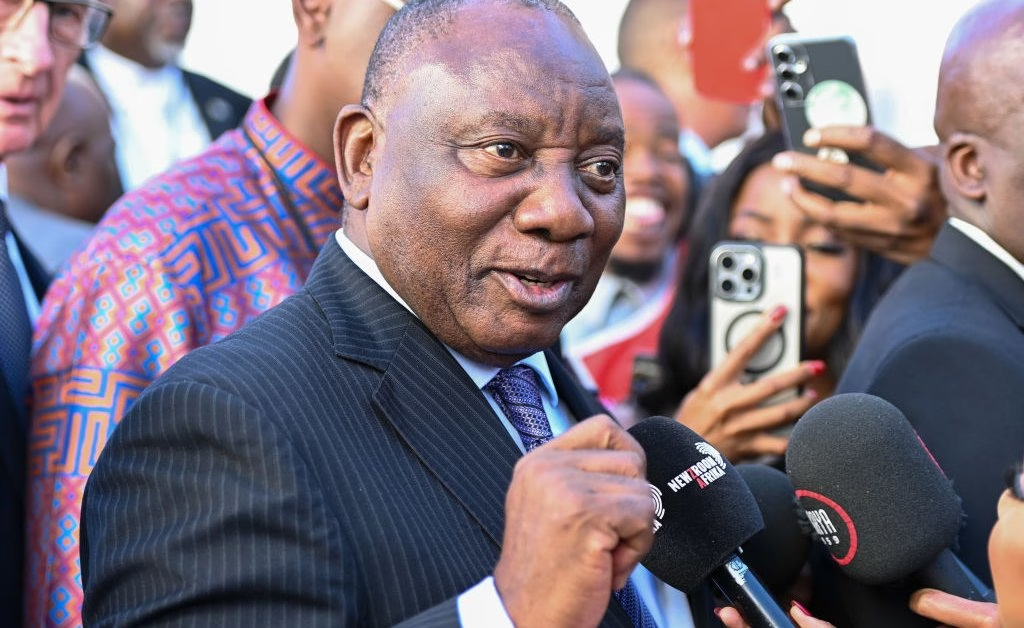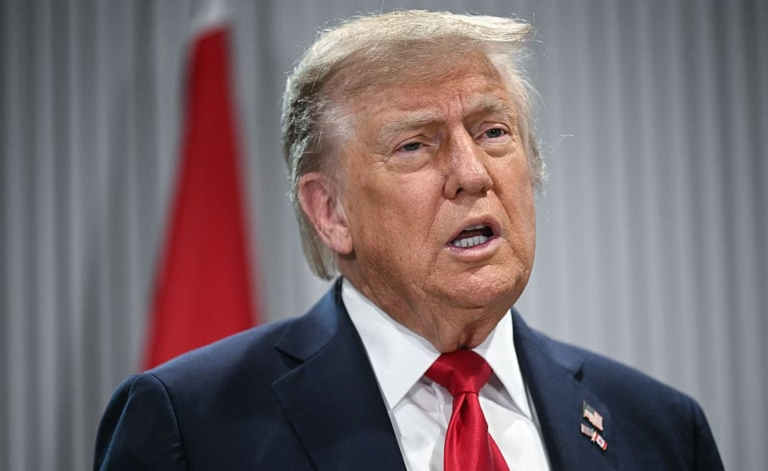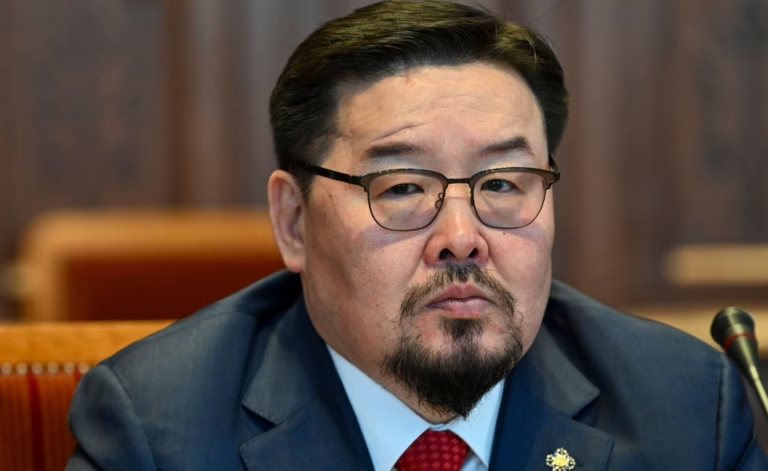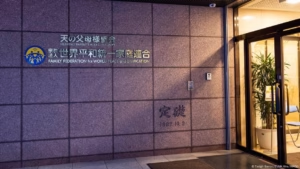CAPE TOWN, South Africa — In response to claims suggesting that white people are facing persecution in South Africa, President Cyril Ramaphosa has vehemently refuted these allegations, labeling them as a “completely false narrative.” This stance comes as part of ongoing efforts by Ramaphosa to counter assertions made by figures such as U.S. President Donald Trump, entrepreneur Elon Musk, and some white minority groups within South Africa.
Musk, who is originally from South Africa, previously accused the country’s Black-led government of being anti-white and asserted that certain political figures are “actively promoting white genocide” on social media. In his weekly address to the nation, Ramaphosa urged the citizens not to let external events sow division among them. He specifically challenged the baseless narrative that certain races or cultures in the country are being persecuted or targeted.
Without mentioning specific names, Ramaphosa’s denial was a direct rebuttal to allegations by Trump and others suggesting that the country is deliberately mistreating the Afrikaners, a white minority group, through violent attacks on their farms and land seizure policies. These allegations led to an executive order by Trump to cut funding to South Africa to penalize the government. Simultaneously, Trump offered Afrikaners refugee status in the U.S.
Afrikaners, who are descendants of mostly Dutch and French settlers, were central to the apartheid regime that oppressed non-whites until its end in 1994. Despite this history, South Africa has seen significant progress in reconciling its diverse population post-apartheid.
In a social media post, Musk referenced a political rally in South Africa where Black leaders of a far-left opposition party sang a song with the lyrics “Kill the Boer, the farmer.” “Boer” is a term referring to Afrikaners. Musk linked to a video of the rally and highlighted how there is a major political party actively promoting white genocide in South Africa.
Secretary of State Marco Rubio also took to social media to express that the song incites violence and called on South Africa’s political leaders to protect the Afrikaner and other minority groups. The United States stands ready to welcome those individuals who qualify for admission amid the violence.
The party at the center of this controversy, the Economic Freedom Fighters, is the fourth largest in parliament and has faced criticism for stoking ethnic tensions. The song it uses has been legally challenged and ruled as hate speech, though a 2022 court ruling found it protected under free speech as there was no proof it incited violence. The party argues that the song is a historical chant not to be taken literally and has sometimes altered the lyrics to “kiss the Boer.”
Following Trump’s executive order, the South African government has been actively working to dispel what it deems misinformation regarding white farmers. They acknowledge that farmers are sometimes victims of violent attacks but emphasize that these incidents are part of the country’s high crime rates affecting all races. Only one farm homicide was recorded by the police in a three-month period between October and December 2022, while the Afrikaner group claims eight such incidences.
Associated Press writer Mogomotsi Magome in Johannesburg contributed to this report.
Source: https://time.com/7271415/south-africa-ramaphosa-musk-white-genocide-conspiracy-theory/
